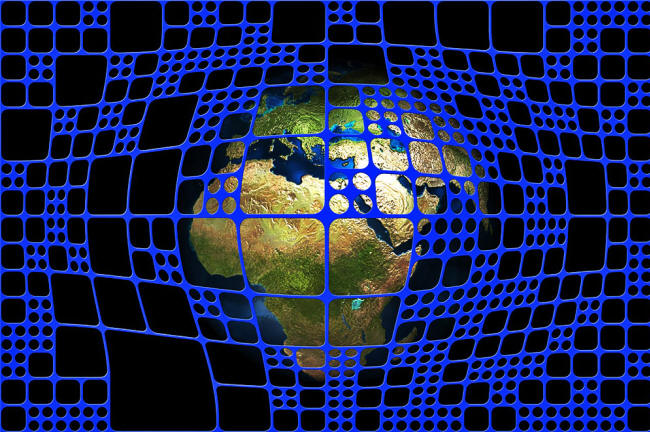|
US-based Companies Categorize Information
through Biased
Lenses...
This binary framework is
simple and intuitive, but the world is far more complex, and humans
require more nuanced categorical frameworks to determine the truth.
Yet, companies obscure
these decisions from ordinary citizens who eventually consume this
information every day and ultimately shape their lives around it. In the world, where 'mis-' and 'dis-' information campaigns often go viral online, especially during politically charged periods, US-based tech and social media companies become arbiters of the "truth."
Millions of people use search engines and platforms like Google, Twitter and Facebook, who filter information through their own biased lenses.
To complicate matters, these tech and social media platforms, who act as main gateways for news and opinions - often adopt dissimilar frameworks to categorize information.
For example, Google, the giant of the search industry, has developed a feature to check viral claims by categorizing news using a scale of,
Facebook uses a similar rating but instead focuses on,
Meanwhile, Twitter recently announced its framework that has three categories:
Fact-checking organizations differ radically in their categorizations.
For example,
However, tech platforms who launch partnership programs with fact-checking organizations usually demand that their partners adhere to their categorization framework.
For example,
Many other categorizations are published without sharing the rationale behind them, yet everyday users are asked to adopt and adhere to them.
When platforms change these categorizations, based on the views of a few experts or engineers, society is expected, again, to adapt and update their worldviews accordingly.
Researchers have attempted to find solutions to the convoluted problems of information categorization.
Claire Wardle, a known scholar in the field, created a categorization of seven types:
And Bill Adar, a professor at Duke Reporters Lab, has taken a unique approach to information categorization with his MediaReview Taxonomy, which engages a democratic deliberation process to categorize information through public feedback.
But categorization is not a mere technical issue:
Cognitive scientists have shown the importance of categorization, with some who argue that, Others warn of the danger of categorization.
Derek Cabrera, professor at Cornell University, wrote an essay called, Bart de Langhe and Philip Fernbach penned a Harvard Business Review article titled, "The danger of Categorical Thinking."
The categorization of information is the real authority - but in disguise.
Categorization of information is an irrefutable necessity, but citizens must remain vigilant in terms of who holds the power to do it.
The process of categorization must be transparent, and indeed, subject to constant rational and open scrutiny by society...
|


